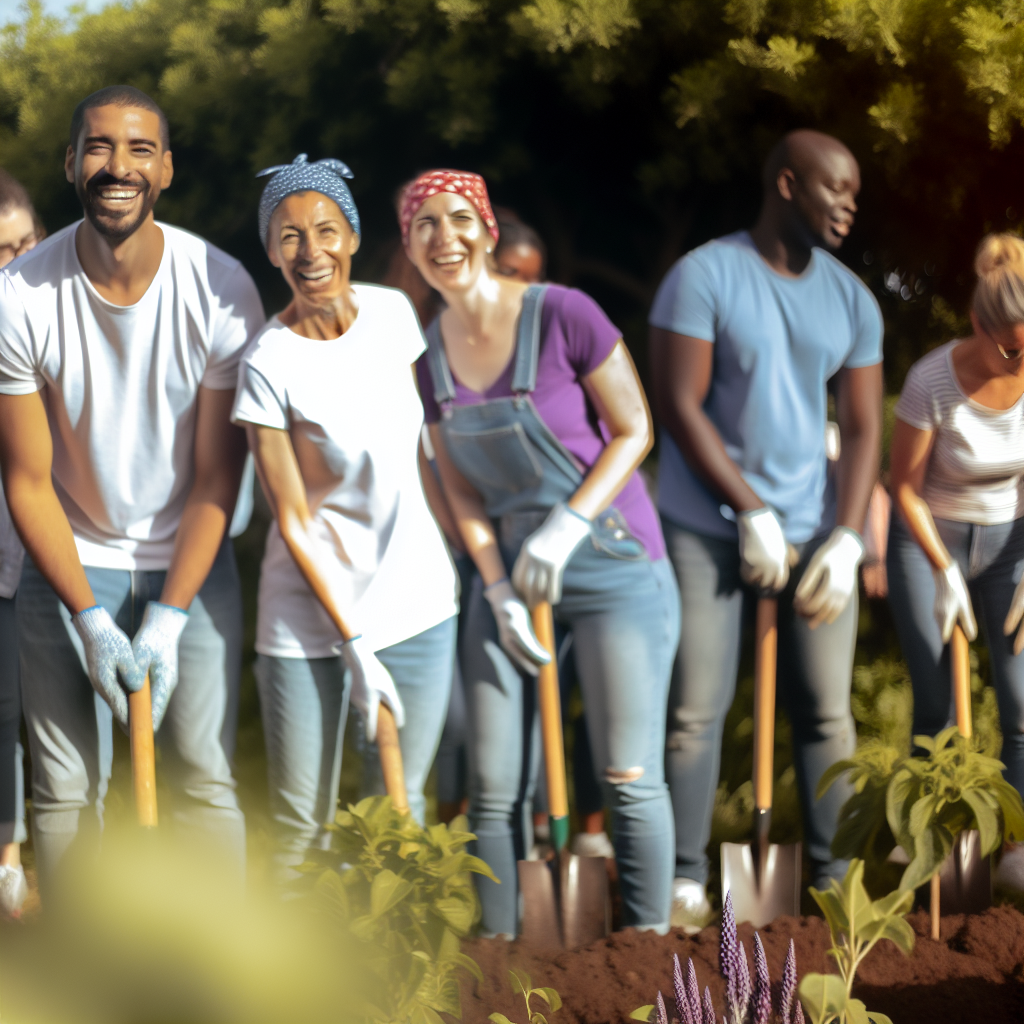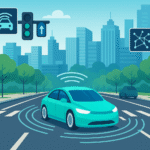This article delves into the profound impact of kindness and compassion. It investigates the strength found in community, how empathy fuels resilience, and the transformative power of humanitarian efforts. Through exploring themes like orphan support, homeless outreach, and volunteerism, we uncover pathways to social change.
Empathy and Compassion as Catalysts for Change
Empathy and compassion act as powerful catalysts for change, driving meaningful social impact in our communities. When individuals engage with one another’s struggles, they create an emotional bridge that fosters connection and understanding. This bond can transform lives by providing the encouragement and support needed to navigate hardships. Through compassion-driven initiatives—be it mental health support, homeless outreach, or orphan assistance—individuals glean strength from communal actions. Witnessing humanity at its best, these shared experiences empower all involved, cultivating resilience and inspiring further acts of kindness.
Building Community through Kindness and Support
Building strong communities requires intentional acts of kindness and support that foster a sense of belonging for all individuals. Initiatives like community gardens, where local residents collaborate to cultivate plants and share produce, create spaces for connection and mutual benefit. Programs that provide shelters for the homeless or safe havens for vulnerable youth encourage emotional support, nurturing resilience in those who feel isolated. Acts of kindness, whether through meals shared or mentorship, empower individuals by affirming their dignity and value, ultimately transforming lives through the strength of community bonds.
The Role of Volunteerism in Empowerment and Transformation
Volunteerism embodies the very essence of connection, providing a profound platform for empowerment and transformative experiences. Engaging in community projects allows individuals to step beyond their own circumstances, sowing seeds of hope and resilience within themselves and those they serve. By participating in charitable initiatives, volunteers not only gain a sense of purpose, but they also cultivate compassion and empathy, fostering dignity and understanding among diverse populations. This shared journey of giving reinforces the fabric of humanity, enabling communities to rise together toward healing and lasting transformation.
Hope and Resilience in Orphan Support and Homeless Outreach
In orphan support and homeless outreach, a profound bond of compassion emerges, enabling the most vulnerable to reclaim their dignity and hope. These initiatives often become safe spaces where healing unfolds, rooted in empathy and kindness. Through dedicated efforts, vulnerable individuals find support that empowers them, fostering resilience and igniting the potential for transformation. By creating a community that nurtures belonging, we instill a sense of value and encourage the giving of second chances, celebrating each small victory as a step toward a brighter future.
Harnessing the Power of Connection and Humanity
Connection and love are essential threads weaving through the fabric of our humanity, enhancing life value and fostering transformation. When individuals engage authentically, they create safe spaces for vulnerability and healing, offering *emotional support* that nurtures resilience. Acts of *kindness* and *compassion* ripple through communities, promoting a sense of *belonging* and *dignity*. This profound connection empowers individuals facing adversity, from children in need to the homeless. By prioritizing connection, we can harness the strength within our communities, enabling collective *healing* and lasting social impact.
Takeaways from This Article
The journey toward a compassionate society begins with small acts of kindness. By embracing empathy and support, we can forge stronger community bonds, providing hope and a sense of belonging for all.


Leave a Reply